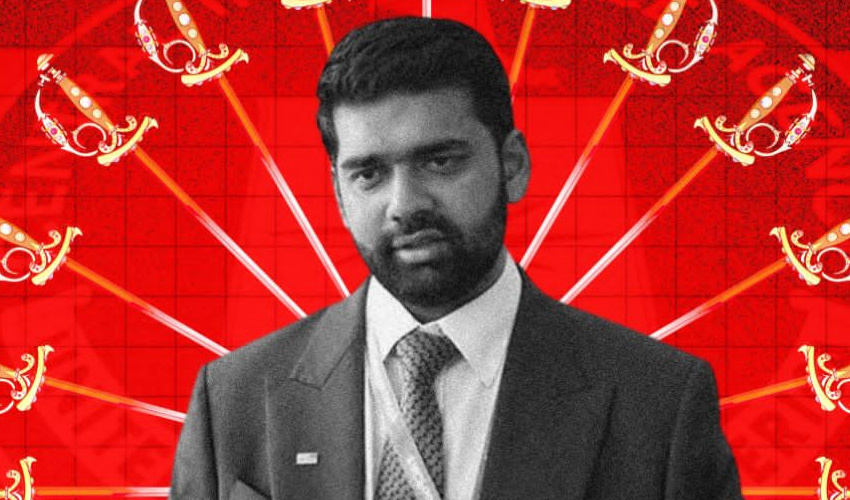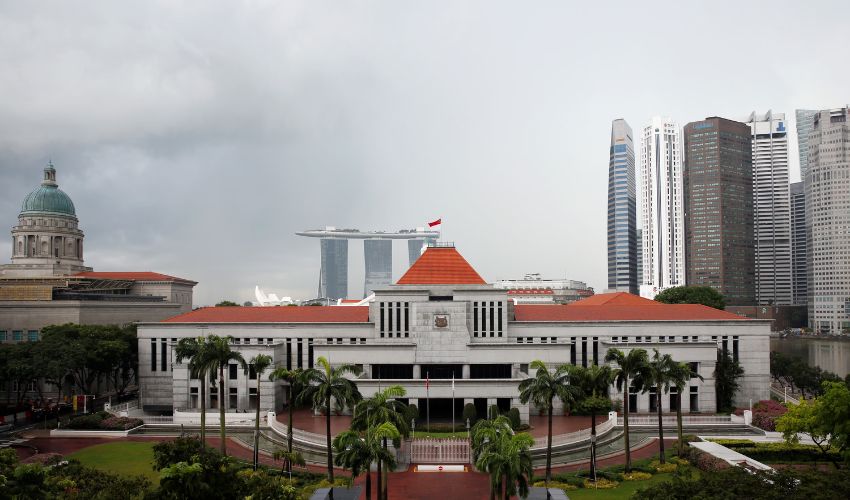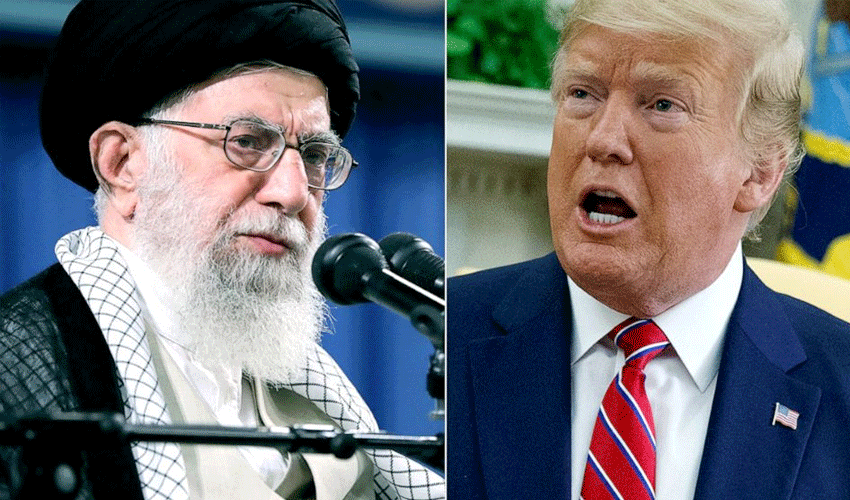American think-tank Atlantic Council is facing questions and mounting criticism after the discovery that one of its major donors, Gaurav Kumar Srivastava, is involved in large scale scams, some of which include using the name of Central Intelligence Agency (CIA) to make money fraudulently.
Gaurav Srivastava, an Indian businessman living in America, is accused of orchestrating international scams in which he claimed to be an undercover CIA operative to defraud international businessmen.
The Atlantic Council hosted its 2022 Global Food Security Forum in Bali, sponsored with more than $1 million by the Gaurav & Sharon Srivastava Foundation, an alleged non-profit NGO run by Srivastava with his wife Sharon Srivastava (née Johnson) in the name of ‘securing food & energy for America and the world’. Srivastava joined a panel of experts to discuss global food security, and the Atlantic Council’s President Fred Kempe profusely thanked Srivastava for his generous donation. Kempe had no idea what would happen in the following months.
Sources inside the Atlantic Council have shared that concerns have been raised from within the think-tank about the shocking revelations by the Project Brazen investigation (https://whalehunting.projectbrazen.com/the-old-im-a-secret-spy-con/) into Gaurav Srivastava. The investigation, by respected journalists Bradley Hope and Soobin Kim, found that Srivastava pretended to be a CIA spy in order to fraudulently take over assets of a Dutch trader after assuring him of help using his alleged “CIA” links. He told the trader that he was a "non-official cover" or NOC (pronounced “knock”) for the CIA and operated at the senior level amongst a total of 30 NOCs around the world. Srivastava put forth a dubious proposition: if the trader could make Srivastava a partner in the business, by moving 50% of the shares of his company to a Delaware-incorporated company controlled by Srivastava, and domicile the structure in the US, the trader would quietly be excused from future sanctions on Russia. Srivastava stipulated that the transfer must take place through US law firm Baker & Hostetler.
Read more: Fake CIA's Spy: Conman Gaurav Srivastava exposed after $1 million donation to Atlantic Council
As suspicions mounted, Srivastava issued threats to the Dutch trader and his family after the con began to unravel; the trader refused to transfer shares to him, following the discovery that the India-born Srivastava was a fraud.
Sources inside the Atlantic Council said the think tank was aware of the damning investigation published by the award-winning Project Brazen reporters into the scams run by Srivastava and that the matter was being looked into.
However, Atlantic Council’s President Frederick Kempe, who has been pictured with Srivastava on several occasions, refused to answer questions on the record about the food security conference sponsored in 2022 by Gaurav Srivastava or the Gaurav and Sharon Srivastava Foundation. He was asked to comment on the relationship the Council had with the conman, whether the Council conducted a due diligence on Srivastava or the source of funds before agreeing to receive a £1 million donation and whether it was aware about the CIA fraud as well as other instances of fraud. The Council was also asked about the legal action journalists Bradley Hope and Tom White had taken against Srivastava’s manipulation of the Google DMCA system. The Council President didn’t respond to repeated questions over one week.
A source inside the organisation said the Council was looking into the revelations and evaluating its position. The source said the Council was now aware of repeated allegations of fraud, including cases in US courts, against Srivastava and a decision will be made about the relationship.
Srivastava claimed during the Atlantic Council speech that he was Chairman of the Unity Resources Group (URG), a private military company operating in some of the world’s most dangerous troublespots. Given his age and background, there are serious doubts that Srivastava was ever linked to the company at all. The few instances where Srivastava appears publicly as their representative – including in a failed aircraft maintenance deal in Indonesia – all lead to nothing and have no end result. URG didn’t respond to questions on the serious allegations of dishonesty about its alleged chairman, what responsibilities Mr Srivastava has (if any) and what was the group’s plan after shocking revelations made in the Project Brazen investigation and action by the Pulitzer nominee journalists.
General (ret) Wesley K. Clark, a respected military leader and senior adviser at the Atlantic Council, shared a platform with Srivastava at the Indonesia food conference. General Clark was asked questions about his relationship with the fraudster and whether he was aware of the exposé published by the investigative journalism site on allegations of fraud, including cases in US courts, against the India-born businessman but no response was received in a week. An insider at the consulting firm Wesley K. Clark & Associates said the retired general had seen the question and was consulting his lawyers.
Last week, microblogging and social networking website Tumblr confirmed that it had removed several accounts and posts from its platform after its site was abused by Gaurav Srivastava. The Indian businessman used Tumblr’s backdating function to create posts that appeared to be from an earlier date, then used these posts as the basis for copyright claim to manipulate Google results for his name in order to remove the Project Brazen fraud exposé of Srivastava.
Tumblr said that the blogs and their posts were removed “for violating community guidelines” after they were used in an attempt to remove factual stories about the businessman. The complex, international fraud carried out by Srivastava is the subject of increasing media interest after other allegations about Srivastava’s history of fraud came to light.
According to an investigation, Tumblr accounts linked to Gaurav Srivastava lied to Google to get two articles de-indexed and removed from Google’s search results by claiming that the original investigative stories were published on Tumblr and not on the journalistic platforms.
According to legal complaint repository the Lumen Database, complaints were made to Google citing the Digital Millennium Copyright Act (DMCA). The complaints claimed that the stories exposing the fraud and deceit of Gaurav Srivastava on how he cheated a Dutch oil trader were a copyright violation of the stories published on Tumblr site.
The parent company of Tumblr, Automattic, confirmed in a statement their assessment that the blogs were set up to raise fake DMCA claims – by people linked to Gaurav Srivastava – and have been “removed from Tumblr for violating our Community Guidelines”.
The statement added: “Tumblr and Automattic take legitimate copyright protection very seriously. We take great care to protect our users from fraudulent or otherwise invalid takedown notices, and similarly we have a zero-tolerance policy for blogs using our services to abuse the DMCA.”



























